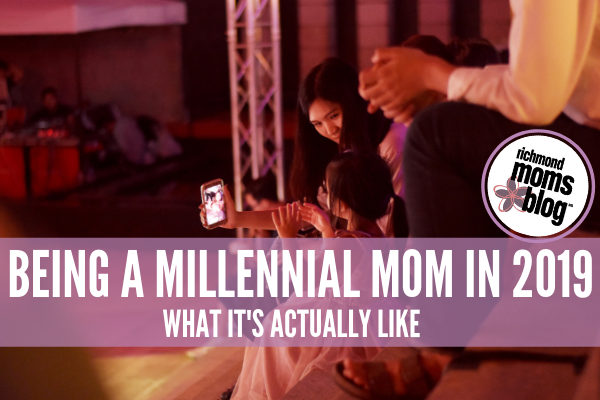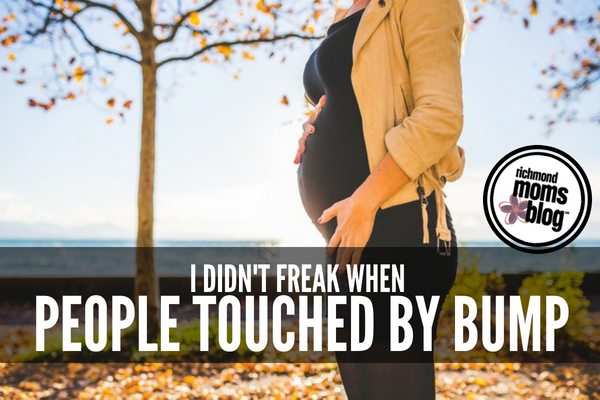[fbshare type=”button” float=”left” width=”100″]

She hadn’t called me in a long time. When she did call, I knew that it had happened again.
The steel in her voice on the first “hello” was all that I needed to hear. After her third miscarriage in as many years, she had no real words left to describe the trauma, the guilt, the sadness. In that moment she could only give the facts and tell me in no uncertain terms that despite the fact that all I wanted to do was come by and hold her close to me and tell her that it would all be alright and speak to her about the Divine Order of things, this was not what she wanted me to do, nor what she wanted to hear. Not just yet. She was not ready to be seen or touched or be in the presence of others.
What my friend wanted on that particular day, when she was at her lowest point, was to tell me the facts and to know that she only had to worry about taking care of herself for the moment. On top of dealing with the pain of this recent loss, she still had an 8-year-old to care. And her husband (dealing with his own pain) needed to be out of town on business.
What do I do?
I listen to her story, hold space with her over the phone, bring her a meal, and bring my kids over to play with hers while she rested, unseen.
While all parents who’ve miscarried or lost an infant mourn differently, those who I have been close to and wanted to help support echoed the same need: time to grieve, space to be heard, and time to themselves. Attaching judgment to the way that anyone copes or feels is necessary for their own healing does nothing to help the process.
Another good friend and fellow writer, Nicole McLaughlin, lost a child in miscarriage over two years ago. Her journey in healing led her to start a support group for other parents called Joy in the Mourning. I asked her to share what she’d like others to know about how they can support moms who’ve miscarried or lost an infant. She writes:
I would like people to know they can best support someone by being there to help them with daily activities like preparing meals, laundry, and such, especially if they have other children. People tend to shy away because they don’t know what to say, but words are not really needed. It is better to just show love through action and listening.
Unfortunately, unsolicited advice or even condolences from those not confided in by the grieving parent are also common.
Tiffany Jana, a local entrepreneur and mother of three, writes about her experience:
I just needed company. Not advice. One woman at church whom I had not ever spoken to about my loss offered her unsolicited condolences and it felt very invasive. I don’t want people who don’t know me, or who don’t know me well, initiating conversation about my body and my personal pain.
As one can imagine, the needs of a grieving parent change over time.
Some who are in the mourning process have no choice but to go on with their daily lives, using resources when available and needed, but otherwise taking care of their other kids if they have them, going back to work, etc. Some will eventually choose to try again for another pregnancy, choose adoption as an alternative, or find comfort and healing in pet adoption. Whatever their choice, they need the space to make that choice and your support of their decisions.
Nicole went on to write:
The support needs change after the first six months to a year. At that point, you need people to encourage you in your decision to either wait, try again, adopt, or whatever. You don’t need people telling you to try again immediately, wait six months, or that you can always adopt if that is not what you want to do. They need to ask you what you want to do and then support that choice. Also, [I didn’t] need to hear about all the things you should do different or try next time. I know they mean well, but sometimes, there is guilt associated with the loss of a pregnancy and a lot of ‘what ifs’ to deal with. Saying what should or could have been done just adds to that feeling of “what did I do wrong that caused my loss?
Both parents of children who were lost during pregnancy or infancy have the heavy burden of grappling with the loss.
It’s important to remember that the father lost a child, too. While they’re not dealing with the physical trauma of carrying and loss, they shared in the joy and anticipation of raising a new child. Their grief is not to be overlooked. Offering a listening ear or a hand in supporting household duties to fathers can offer some relief as well.
Lending support by listening, sharing your own stories, or steering parents in the direction of a support group can all aid in the healing process. Parenting can be a lonely business in and of itself. I can only imagine that losing a child can cause an overwhelming feeling that you’re alone in your pain. Tiffany spoke to this as well:
I noticed that when I shared my story there were so many people who had also suffered. It’s comforting to hear from people who have lived through miscarriage. So please share your story and your pain so I know I’m not alone.
If you, a friend or loved one has experienced a loss, there are resources available. Online as well as local support groups can help. Tiffany recommends the MISS Foundation’s monthly support group, MISS RVA. More information about meetings can be found here. Likewise, Healing the Spirit has listings for other support group sites in Richmond as well as other online resources.
Nicole’s Facebook Group, Joy in the Mourning, is a faith-based group based in Tallahassee, Florida. It offers inspiration, group chats, online resources, and will highlight events and meet-ups for that area.









